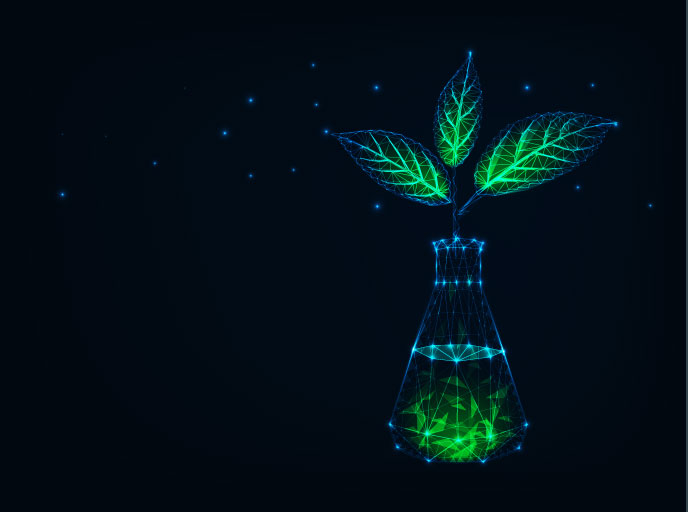Frontier chemistry: Helping to achieve a truly green and circular economy for Europe
Catalysts are absolutely essential to many of the processes that help to sustain life on Earth. These include truly natural processes, such as Nature’s ability to turn sunlight into energy, and industrial processes developed by humans, such as the commercial production of fertilisers for agriculture. Catalysed reactions form the basis of many industrial chemical processes and catalyst manufacturing is a rapidly expanding industrial trend. Both are now widely exploited to efficiently provide solar fuels, improve fuel cells and create valuable industrial precursors from abundant feedstocks. As a result, it’s no surprise that the continued development of catalysts is key to future human progress, particularly with regards to fighting climate change, humanity’s greatest challenge in the 21st century.
Research & Development: A crucial ingredient in greening Europe
The European Green Deal(opens in new window) is the European Commission’s dedicated and highly ambitious plan to make the EU’s economy and societies truly sustainable whilst ensuring Europe’s global competitiveness. No policy instrument is being left unused or untouched for achieving these goals, but at the same time, a corresponding effort to boost and promote research and technological development is also required. The ERC(opens in new window), founded in 2007 as an important component of the EU’s dedicated programmes for research and innovation, makes a vital contribution by providing grants to Europe’s most talented researchers, who work to advance the frontiers of human understanding and knowledge.
Taking Nature as inspiration
Whilst the ERC does not provide funding based on predefined themes, many ERC grantees have taken Nature as a direct inspiration to advance and reimagine the traditional vectors and applications of catalysis, leading to exciting contributions in line with the goals of the European Green Deal. The projects featured in this Pack show how long-established industrial processes can be converted to operate in a more environmentally friendly and sustainable way. They focus primarily on electrochemistry, photochemistry and synthesis but also touch upon the industrial domain. Many of the results presented here are highly relevant to the automotive, aviation, biorefinery and fine chemical/pharmaceutical industries. In particular, the CARBONFIX, HybridSolarFuels and HyMAP projects, amongst others, have developed strategies to use CO2 as a starting material for fuels and other useful chemicals that can have a big impact on reducing the environmental impact of many industries. Other projects such as FANOEC, FOPS-water and PRODUCE-H2 have shown how catalysts that efficiently produce hydrogen fuel under an array of conditions can be the basis for creating next-generation fuel cells and other applications that can use hydrogen fuel more efficiently and economically. Finally, projects such as LIGNINFIRST and CatASus have highlighted the further exploitation of underused natural reserves, such as valorising abundant feedstocks like wood derivatives that have demonstrated the potential to act as sources of products as diverse as jet fuel and pharmaceutical industry starting materials.



